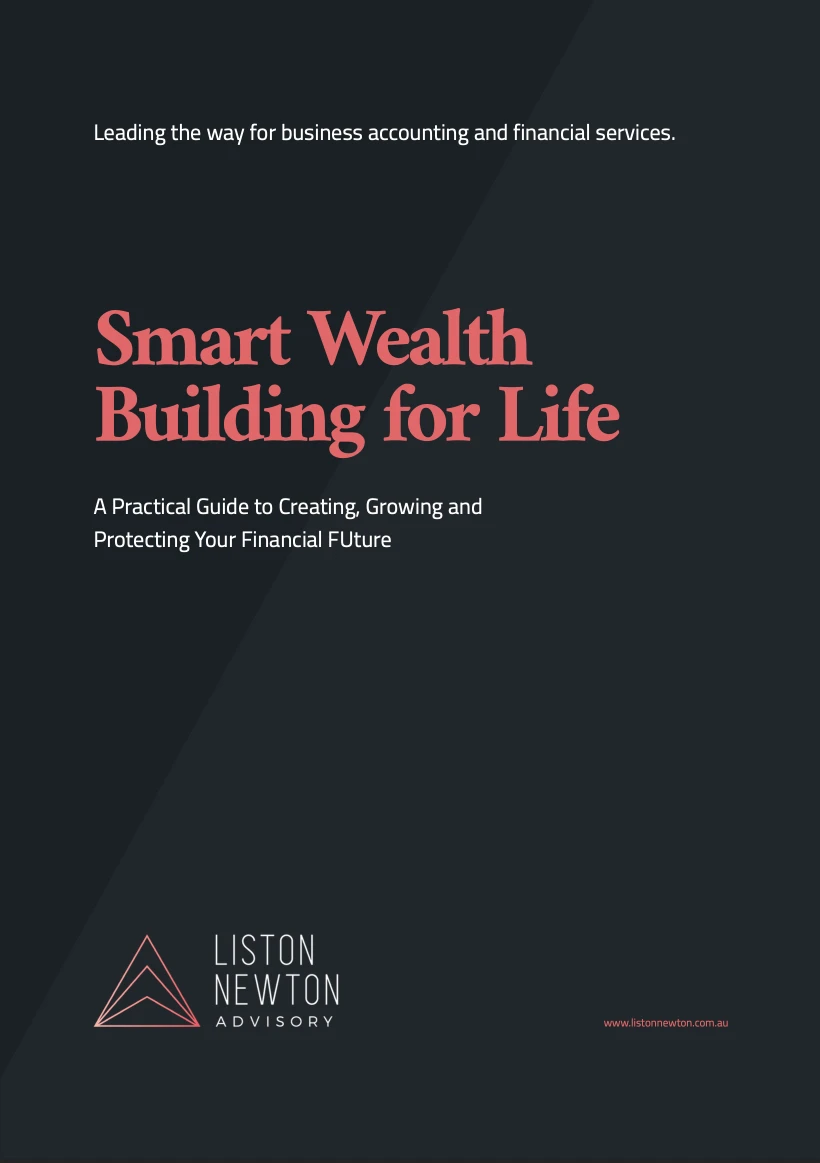Setting up your self-managed super fund puts you in control of your investments and allows you to take a hands-on approach to your retirement. And, unlike a public super fund, this means you can invest in property.
In this article we discuss the benefits and drawbacks of an SMSF property investment, and how your SMSF adviser can help you achieve this.
Thinking about setting up a SMSF? Contact Liston Newton Advisory today to speak with our SMSF experts.
Investing in commercial property using your SMSF is a common investment option, and for business owners, comes with some great benefits.
If you're looking to purchase your commercial property outright you will need the full cash amount in your SMSF, plus stamp duty (approximately 5%).
If you’re borrowing to buy a commercial property, this can be done through a Limited Recourse Borrowing Arrangement (LRBA). An LRBA works by creating a separate bare trust within your SMSF. This trust then takes legal ownership over the property, while the beneficial interest on your property going directly to the SMSF trustees. As your property is now in the trust's name, this protects your SMSF if your property loan is defaulted.
For this method, you need approval from your lender to borrow within your SMSF. You’ll also need an approximate 30%-40% deposit. Then, set up a commercial lease arrangement and lease agreement, and you can start leasing your property to whomever you choose — including your own business.
What are the benefits of a SMSF property investment
Tax-effective leasing
Unlike residential property, investing in commercial property allows you to lease it back to yourself. For business owners looking to purchase an office or factory for their company to use, this is a beneficial move.
Purchasing a commercial property within your SMSF means your business pays the lease money directly to your SMSF. This income allows you to grow your fund balance, while your business can claim this lease money as a tax deduction, too.
Post-retirement income
Many business owners will choose to continue leasing their business premises even after they’ve sold the business and begun their retirement transition. Renting your commercial property to the new business owner provides a steady income stream to supplement your retirement income.
Tax-free gains
If you’re over the age of 60 and no longer working, and you decide to sell your commercial property, any capital gains on your property are considered tax-free.
For example, a business owner purchased a factory 15 years ago for $500,000. They retire at 67 and choose to sell the business, and the property. The property is now worth $1.2 million. Under normal circumstances, the $700,000 gain would be taxed. But if the property is help within the business owners’ SMSF, then none of this gain is considered taxable income.
What are the drawbacks of a SMSF property investment?

While there are some big benefits of SMSF property investment, there are also some drawbacks to be aware of.
No tax loss offsets
Any tax losses from your commercial property can’t be offset against your personal income tax.
You must rent your property at the market rate
This means that if you own the property and lease it to your own business, you can’t apply any discounts to the rental price. No 'mates rates.'
Strict rental conditions
All rental fees must be paid on time, and in full.
Be careful with renovations and repairs
Any significant changes to your property, such as repairs or renovations, must be funded by cash directly available in your SMSF. You can’t borrow money or take out a loan.
Regular valuations
You must get your property independently valued on a regular basis.
Showing intent
When you purchase a commercial property within your SMSF, you must be able to prove it's solely for the purpose of providing you with a retirement benefit.
What else you can invest in with your SMSF
With your SMSF you’re in control of your investments, so you have a wider range of options than a standard public fund. You can choose to invest in things like:
- Shares, both from Australia and internationally
- Fixed income products
- Cash and term deposits
- Physical commodities
- Collectables, like vintage cards, or art
It’s wise to discuss your SMSF options with your financial adviser first. They can guide you on which will be the safest option for your financial goals.
How your accountant and SMSF adviser can help you with your SMSF
If you’re thinking about making a SMSF property investment, or trying to decide whether an SMSF is the right option for you, it’s important to get the right advice.
Your SMSF accountant can provide you with the support and guidance in determining whether this is a beneficial step towards your retirement.
They can help you:
- Set up your SMSF, including managing your ongoing obligations
- Acquire a loan to purchase property (if required)
- Complete the annual tax and compliance documentation needed to run your SMSF
- Set up accounting software so you get full visibility of your SMSF investments
- Provide ongoing investment advice
So if you’re considering setting up an SMSF and investing in property, make sure you get advice from an experienced financial adviser.
As Liston Newton Advisory we’ve got you covered. You receive tailored advice that’s backed by over 40 years’ experience. And as winners of the SMSF Adviser 2018 Multi-Service Firm Of The Year award, it’s safe to say that we know what we’re doing.






